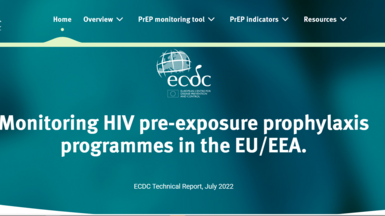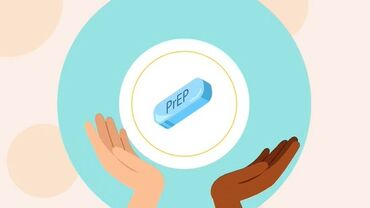HIV infection and AIDS
Human immunodeficiency virus (HIV) is a virus that attacks the immune system and, if left untreated, will, cause serious ilnness and even death. The final stage of infection, called acquired immune deficiency syndrome (AIDS), is the result of the destruction of the immune system. AIDS is defined by the presence of one or more diseases due to decreased immunity.
There is no cure for HIV, but there is effective medical treatment that can enable people living with HIV to live long and healthy lives.
Most HIV spread when people have anal or vaginal sex with someone who already has the virus without using protection (such as condoms or medicine to treat or prevent HIV). HIV can also spread through sharing of needles or syringes with someone who has the virus. Babies born to mothers living with HIV can also get the virus during pregnancy, childbirth, or through breastfeeding.
Getting treatment for HIV helps people who have the virus to have long and healthy lives. It also reduces their viral load, which is important for stopping the virus from spreading to others. Starting treatment early and taking the medications as directed are key to making the treatment work well.
Read more about prevention and treatment








